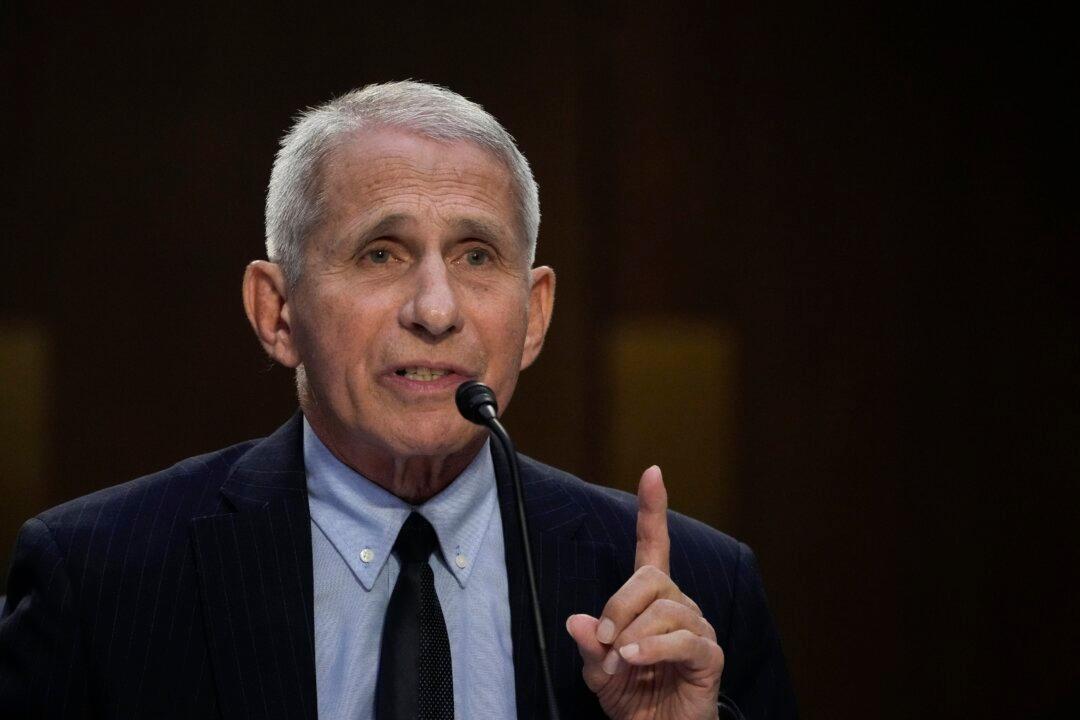Dr. Anthony Fauci, head of the National Institute of Allergy and Infectious Diseases (NIAID), defended his agency’s decision of awarding millions of dollars to an organization that has funded risky virus research in Wuhan, China.
The New York-based nonprofit, EcoHealth Alliance, received roughly $3 million in grants from the NIAID in late September, the largest annual amount that the agency has awarded the group, despite scrutiny over EcoHealth’s partnership with the Wuhan Institute of Virology, the facility that many believe may have started the COVID-19 pandemic.





